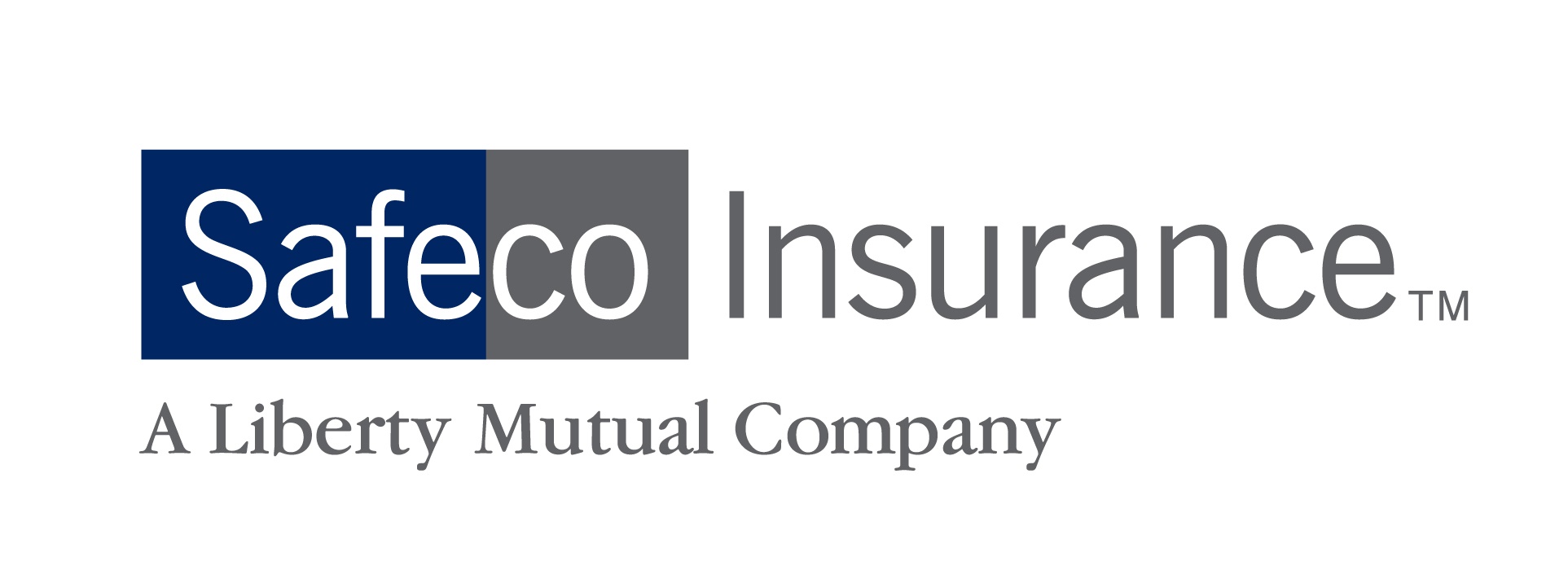Why Maintenance Matters for Your Insurance Claims
- Mar
- 18
- Posted by Carroll Marshall Insurance
- Posted in Hazard Coverage, Insurance Industry, Winter Haven Homeowners Insurance
 Here on the Carroll Marshall blog, we’ve discussed why insurance is a key part of owning vehicles and homes in Florida, but we haven’t necessarily covered how to best go about making insurance claims. More importantly, we haven’t offered much insight into what insurance providers are looking for when determining when they should/shouldn’t approve your insurance claim when disaster strikes. In short, what they’re looking for can be summed up with one big word (although there will always be exceptions):
Here on the Carroll Marshall blog, we’ve discussed why insurance is a key part of owning vehicles and homes in Florida, but we haven’t necessarily covered how to best go about making insurance claims. More importantly, we haven’t offered much insight into what insurance providers are looking for when determining when they should/shouldn’t approve your insurance claim when disaster strikes. In short, what they’re looking for can be summed up with one big word (although there will always be exceptions):MAINTENANCE.
Maintenance matters in a big way when it’s time to make an insurance claim. Let’s look at two scenarios, both identical except for the maintenance each homeowner invested in. Then, we’ll see how their claim processes differed.
Scenario 1: Bob bought his home 5 years ago, knowing from the home inspector that within the next 5-7 years a roof replacement would be likely. A few shingles were missing, so he climbed up himself and glued them down, after watching Youtube and learning that this “quick fix” would be enough. Why pay an expensive professional for something you can easily do on your own, right? 3 years in, a small leak developed in the attic. He called out a neighborhood handyman who took a look, agreed that the roof was going bad, and suggested a few options, the cheapest of which was a patch job he could do the same day. Bob opted for that, and had the leak patched quickly (and cheaply). Problem solved, right? Apparently not. This year, during a regular summer rain shower Bob found water leaking into his garage (where the attic access is located). When he went upstairs, he found that his roof had leaked extensively into the attic, damaging not only the wooden floor of the attic and all of the roofing materials above, but also several boxes of expensive keepsakes stored in the space. Time to call the insurance company!
Scenario 2: Jim bought his home 5 years ago, and the home inspector mentioned that he’d need a new roof within the next few years. He took note of this information, and made sure he jotted down the numbers of a few local roofers after moving in. After a couple of months living in his home, he decided to call one of those roofers for a detailed inspection, so he could get a better idea of what immediate action might be needed, and what he should plan for down the road. The roofer came out, took a thorough look at the roof, and let Jim know that his roof wasn’t in terrible shape and he could probably get by with at least a couple more years before addressing a full replacement. Jim is thankful, but knows conditions can change, so he schedules these inspections every 6 months. He develops a great relationship with the roofer, so when he finds a leak this year after a regular rain shower on a summer afternoon, he knows who to call! The leak was bad enough to damage a few boxes of valuable collector items, and it left some water damage on the attic flooring. The roofer agrees that while the leak came on suddenly, a roof replacement was now the best fix for a long-term and guaranteed solution. Jim agrees, and makes a call to his insurance company.
Above, you have two homeowners, two leaky roofs, and two roof replacement jobs on the table. Yes, your homeowners insurance often helps with a new roof in natural disasters, but a regular rainstorm isn’t necessarily considered a disaster. The ability to file a claim in these circumstances is very much dependent on the actions of the homeowner. Not surprisingly, Bob’s insurance company wasn’t very compliant and ended up covering very little of his damage, since he had ignored provisional advice, failed to take care of proper maintenance on his home, and paid the price with a leak that could have been prevented. Jim on the other hand had the paperwork to show he had kept up his end of the “deal” and made sure he was up to date on all maintenance throughout his home ownership period. HIs roofer was able to vouch for him taking care of his home and his roof to the best of his ability and knowledge, and the insurance company had no choice but to cover the damages.
The same types of issues can come up with your vehicle, not just your home. When you own an insured item, maintenance on that item matters in a big way. Not sure what your policy does/doesn’t cover, or what type of maintenance is required or suggested in order to keep your coverage valid? Carroll Marshall Insurance is skilled in helping you understand your coverage, and we can help you better prepare for future events by taking a look at your policies and determining if they meet your needs in the best way. Give us a call with your questions or concerns, or schedule an appointment to come in! We’re ready and waiting to help.
Since 1952
Carroll Marshall Insurance in Winter Haven, Florida is your hometown insurance agency. Call us today! (863) 293-1111
Our office in downtown Winter Haven is open Monday - Friday 8 a.m.- 5 p.m.
View Larger Map




